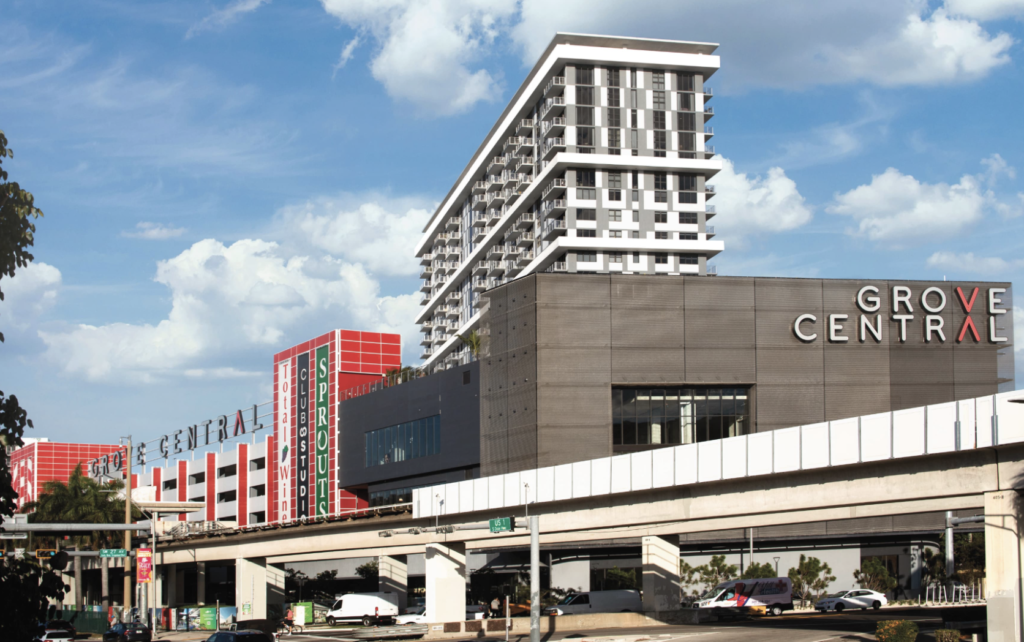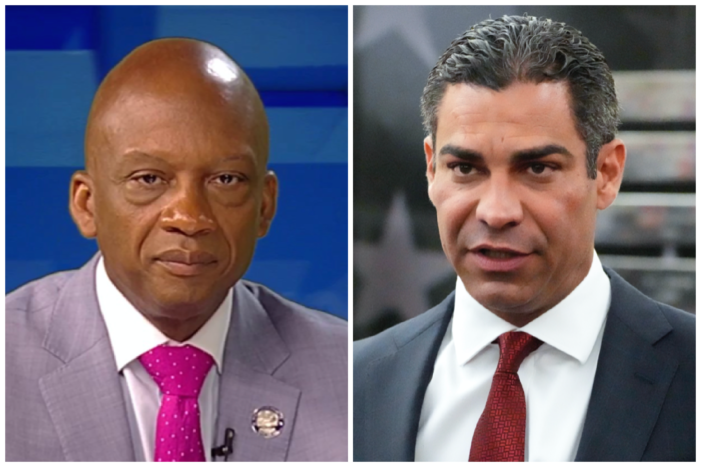This is Round 2 on who controls development
UPDATE: This meeting has been cancelled.
The city of Miami is fighting the county’s rapid transit zone expansion, calling it harmful to the city residents, and has is ready to file a lawsuit seeking to keep control of zoning regulations within Miami city limits.
Next week, the city will meet with the county in order to seek a resolution before heading to court. On the city side, Mayor Francis Suarez will make the case for Miami. On the county side, Miami-Dade Commission Chairman Oliver Gilbert will participate in what has been characterized as “settlement negotiations.”
The county commission voted July 16 to appoint Gilbert, who is the main cheerleader promoting RTZ across the county as a way to increase the inventory of affordable housing while creating more rapid transit traffic to draw federal funds, to the talks. Miami Commissioners voted Tuesday to make Suarez their representative.
State law requires governments with conflicts to attempt to resolve them outside of court before proceeding with any lawsuit. The city has had a lawsuit ready for months. Suarez told the commissioners that he doesn’t want to go that route.
“But we are not afraid of litigation to preserve our rights… if this process breaks down,” he said.
Read related: Miami-Dade and city of Miami to meet re zoning density along transit routes
This will be at least the second meeting between the city and the county on the county’s transit oriented development plans along the SMART corridors. Projects are already proposed for the Coconut Grove, Douglas Road and the Overtown Metrorail stations within the city of Miami limits.

After negotiations stalled after the first meeting, the Miami city commission voted July 11 to find that “Miami-Dade County’s continued amendments, expansions and enforcement of the rapid transit zone (RTZ) and the county’s continued issuance of permits for properties within the city of Miami municipal boundaries is declared to be an immediate danger to the health, safety or welfare of the public which requires immediate action.” The resolution also directed the city attorney to take any and all legal action.
Suarez was suggested by Commission Chair Christine King. But before he could vote, Commissioner Manolo Reyes, who is concerned about the Live Local Act — the state legislation that allows for denser development when workforce and affordable housing is included — and how that, combined with transit oriented zoning, will affect residential neighborhoods, asked what the mayor’s position was on the county’s push for expanding the RTZ.
“My position is your position,” Suarez told them, assuring them that he would represent the city commission’s arguments, adding that he would be a good choice because the Florida in the Sunshine Law does not prohibit him from speaking to the city commissioners individually about the negotiations.
“I’m very concerned about RTZ because it basically usurps the city’s zoning authority and regulatory authority,” Suarez said. “It seems to be growing. It’s like this creature that grows and grows.”
Like in “The Blob?”
Suarez said “everybody here wants transit oriented development. I think there’s a deal to be made.” He said that he believed he could find some “middle ground” with Gilbert, who has experience as the onetime mayor of Miami Gardens.
“The hope is, he can appreciate the impact,” Suarez said.
The meeting at 1 p.m. Monday, July 29, in the auditorium at Chief Clarence Dickson Police College, 350 N.W. 2nd Ave., is open to the public.

